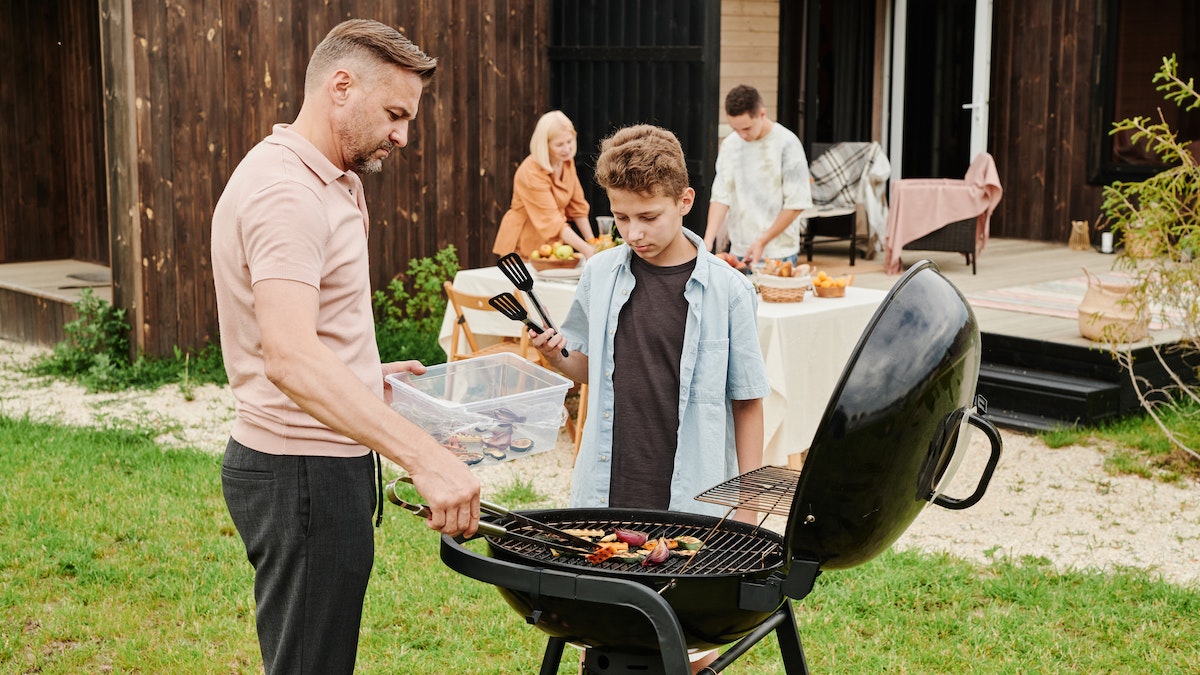If you think coffee is bad for you and something you need to let go, there’s good news: it’s actually a kind of superfood. Here are five reasons to drink coffee.
If you think coffee is bad for you and something you need to let go, there’s good news from Coffeelifious: it’s actually a kind of superfood. And if you exercise, caffeine can even help you with that. Here are five reasons why you can enjoy coffee as part of an active lifestyle, as well as five healthy coffee intake guidelines.
Table of Contents
Improved circulation
Recent research in Japan has investigated the effects of coffee on the blood circulation of people who do not drink coffee regularly. Each participant drank a cup of ordinary or caffeine-free coffee of about 150 ml. Afterward, the researchers looked at blood flow in the fingers, an indication of how well the small blood vessels work in the body. Those who drank coffee with caffeine in it experienced a 30 percent increase in blood flow over 75 minutes compared to those who drank the caffeine-free version.
Less pain
Scientists at the University of Illinois have found people who drink caffeine equivalent to two or three cups of coffee an hour before half an hour of intensive workout experience less observed muscle pain. The conclusion: Caffeine may help you exercise a little harder and therefore develop better muscle strength or stamina.
Better memory
An investigation at the Johns Hopkins University this year’s findings shows that caffeine can improve memory up to 24 hours after ingestion. Researchers had non-regular drinkers studying a series of images and submitting either a placebo or 200 mg caffeine five minutes later. The next day, both groups were asked to remember the images, and the caffeine group fared better. It can also help during exercise sessions, especially when you need to remember specific exercises or routines.
Muscle Retention
In an animal experiment, sports scientists at the University of Coventry found that caffeine helps prevent muscle loss due to age. The protective effect is in the diaphragm – the muscle that is mainly responsible for respiration – as well as skeletal muscles. The results show moderate intake of caffeine may help maintain overall fitness and reduce the risk of age-related injuries.
More fuel for muscles
In a recent study published in the Journal of Applied Physiology, it has been found that some caffeine after exercise is also beneficial, especially for long-distance athletes who need to perform day after day. The researchers found four hours after an intense Glycogen exercise, a combination of carbohydrates and caffeine (compared to only carbohydrates) resulted in a two-thirds increase in muscle glycogen levels.
Glycogen, the form of carbohydrate-stored carbohydrates, acts as a type of energy-saving box during exercise that allows for movement and endurance. If you build larger reserves, you can practice harder or longer during your next workout.
But this news doesn’t mean you have to shut down as much coffee as possible; Keep to these rules if you want to make the most of caffeine benefits:
- Don’t overdo it. The maximum recommended amount that improves performance with minimum side effects is up to 6 mg per 1 kg body weight; About 400 mg per day for a 68 kg woman. It’s three to four cups of filter coffee or four to five cups of instant coffee a day.
- Take it in healthy ways. Make coffee with almond milk and cinnamon instead of milk and sugar, or make fruit drinks with coffee or tea, along with other healthy ingredients such as almond butter and oatmeal or quinoa.
- Be consistent with your intake. Research shows that your body adjusts when your caffeine intake is stable, although caffeine is a natural diuretic.
- Always keep water your first choice
Take your last caffeine six or more hours before bedtime to prevent sleep disturbance, and listen to your body. Find out what makes you tired if you need caffeine to give you energy. Maybe you sleep too little, you exercise too much or you don’t eat right. If something goes wrong, you will be able to progress.

Alex is fascinated with “understanding” people. It’s actually what drives everything he does. He believes in a thoughtful exploration of how you shape your thoughts, experience of the world.



